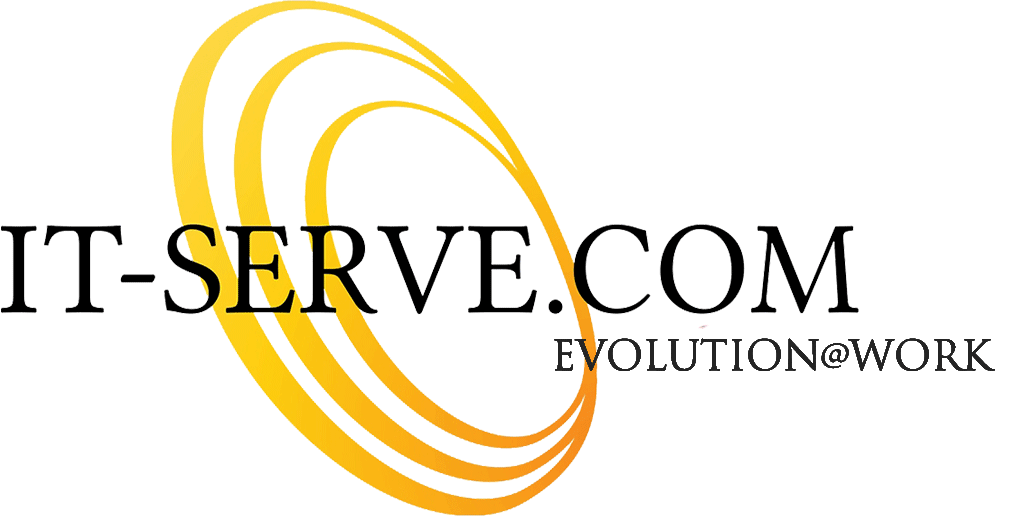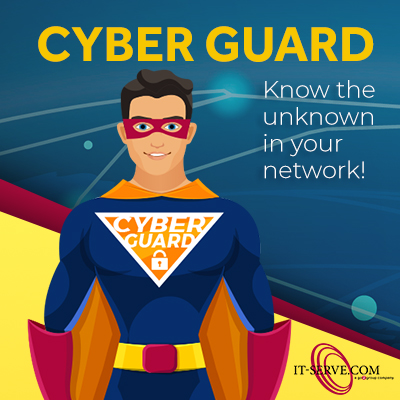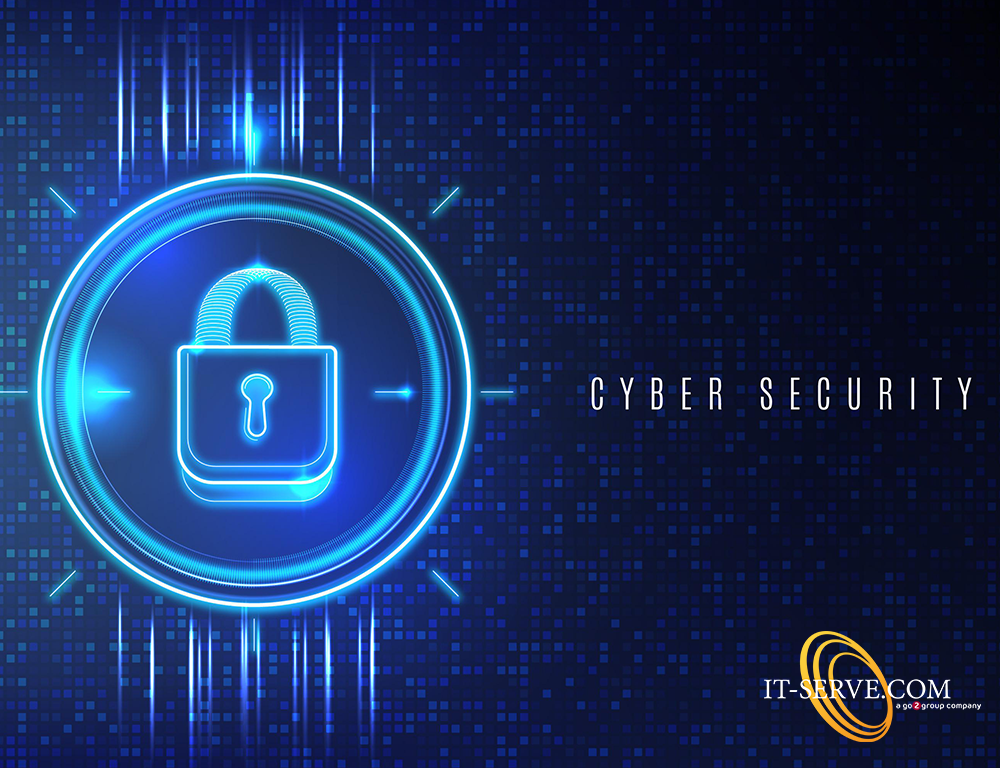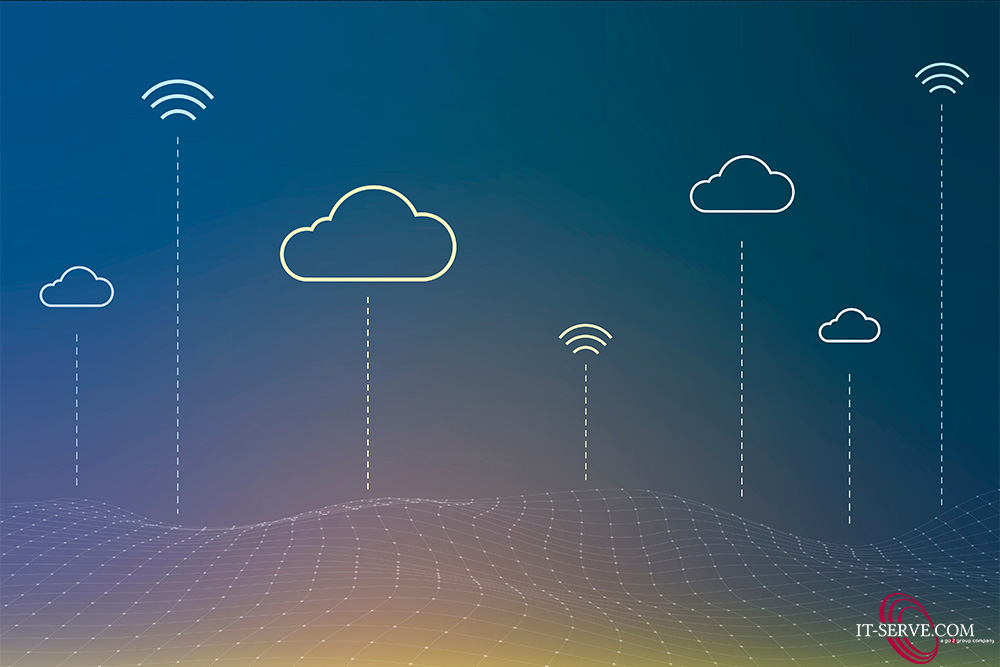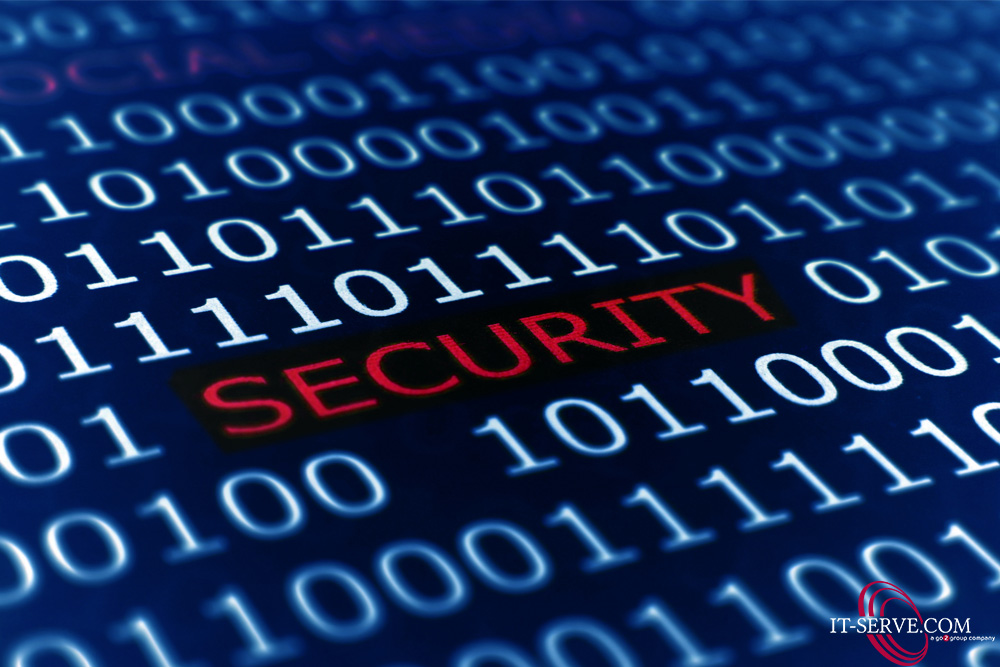
As technology advances, so too does cybercrime. In order to protect your business - and your customers/clients - it's important to stay up-to-date on the latest cybersecurity best practices. It is no longer enough to just have antivirus software installed on your computers – you need to be proactive about protecting your data from cyber threats. Here are 5 tips that you should know today:
Use strong passwords and never reuse them.
As a business owner or employee, you probably have a lot of different passwords to keep track of. It can be tempting to use the same password for all of your accounts, but this is a major security risk. If a hacker gains access to one of your accounts, they will then have access to all of them.
Instead, you should use strong passwords for all of your accounts. A strong password is at least eight characters long and includes a mix of uppercase and lowercase letters, numbers, and symbols. You should also change your passwords frequently – at least every six months.
Two-factor authentication (also known as two-step verification) is an additional layer of security that can help protect your accounts from being hacked. With two-factor authentication, you will need to enter both your password and a code that is sent to your phone in order to login. This makes it much more difficult for hackers to gain access to your accounts, even if they have your password.
Cyber security risks of working on remote devices
Cyber-attacks are on the rise as many companies allow employees to work remotely. While there are many benefits to working remotely, it is important to be aware of the risks involved.
One of the biggest risks is that corporate data can be stolen if an employee's laptop or other device is lost or stolen. It is also important to ensure that all devices that are used to access corporate data are protected with strong passwords and up-to-date antivirus software.
Another risk is that employees may connect to Wi-Fi networks that aren't secure or even fake ones that are set up by hackers. This can allow hackers to gain access to the business network and steal sensitive data. To protect against this, employees should only connect to Wi-Fi networks that they know and trust or use company-recommended VPNs.
Phishing attacks
It is important to be aware of the risk of phishing attacks. In a phishing attack, hackers send emails or text messages that appear to be from a trusted source in an attempt to trick people into giving them sensitive information, such as passwords or credit card numbers. To protect against phishing attacks, employees should be trained to recognize these scams and report any suspicious emails or messages.
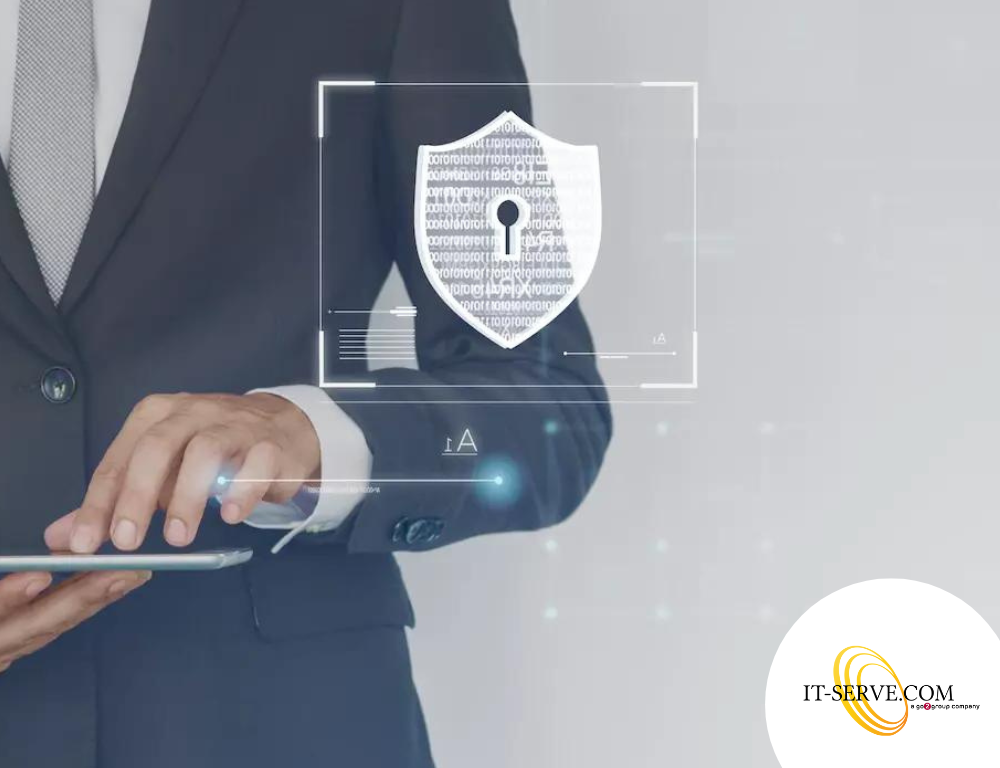
Make sure your devices are up-to-date.
All of your devices – including your computer, phone, and tablet – should have the latest security updates installed. These updates patch up vulnerabilities that could be exploited by hackers.
Keep in mind that cybercriminals are always coming up with new ways to exploit vulnerabilities, so it's important to stay up-to-date on the latest threats.
You should also make sure that all of your devices are running the latest versions of their operating systems. For example, Windows XP is no longer supported by Microsoft, which means that it doesn't receive security updates anymore. This makes it a major security risk and the same goes for any form of outdated device.
Having a 24/7 help desk on call
If your business is ever the victim of a cyber-attack, you will need to act quickly to minimize the damage. This is where having a 24/7 help desk can be extremely beneficial. A help desk can provide you with the support you need to quickly resolve any IT issues.
In the event of a cyber-attack, the first thing you should do is contact your help desk. They will be able to provide you with guidance on what steps you need to take in order to resolve the issue. Having a help desk can also be beneficial if you ever experience any other IT problems, such as a computer crash or software malfunction.
These are just a few of the many cyber security tips that you should keep in mind for your business. By following these tips, you can help protect your IT infrastructure from the growing threat of cyber-attacks and greatly minimize the damage that occurs if one does strike.
